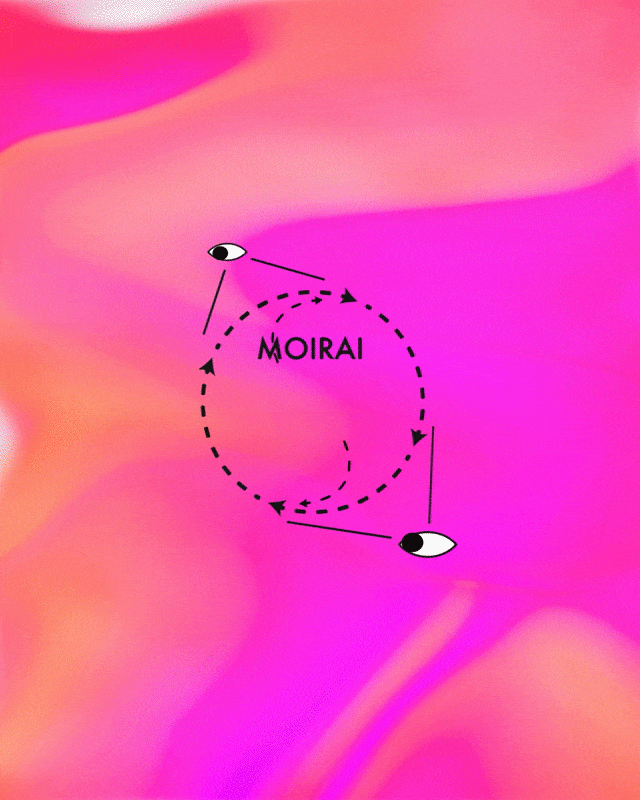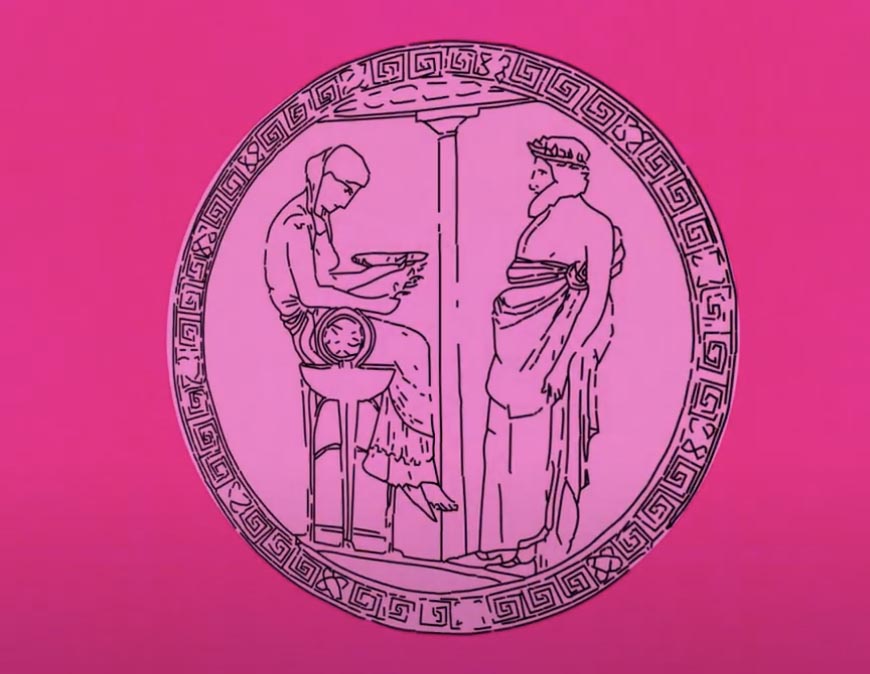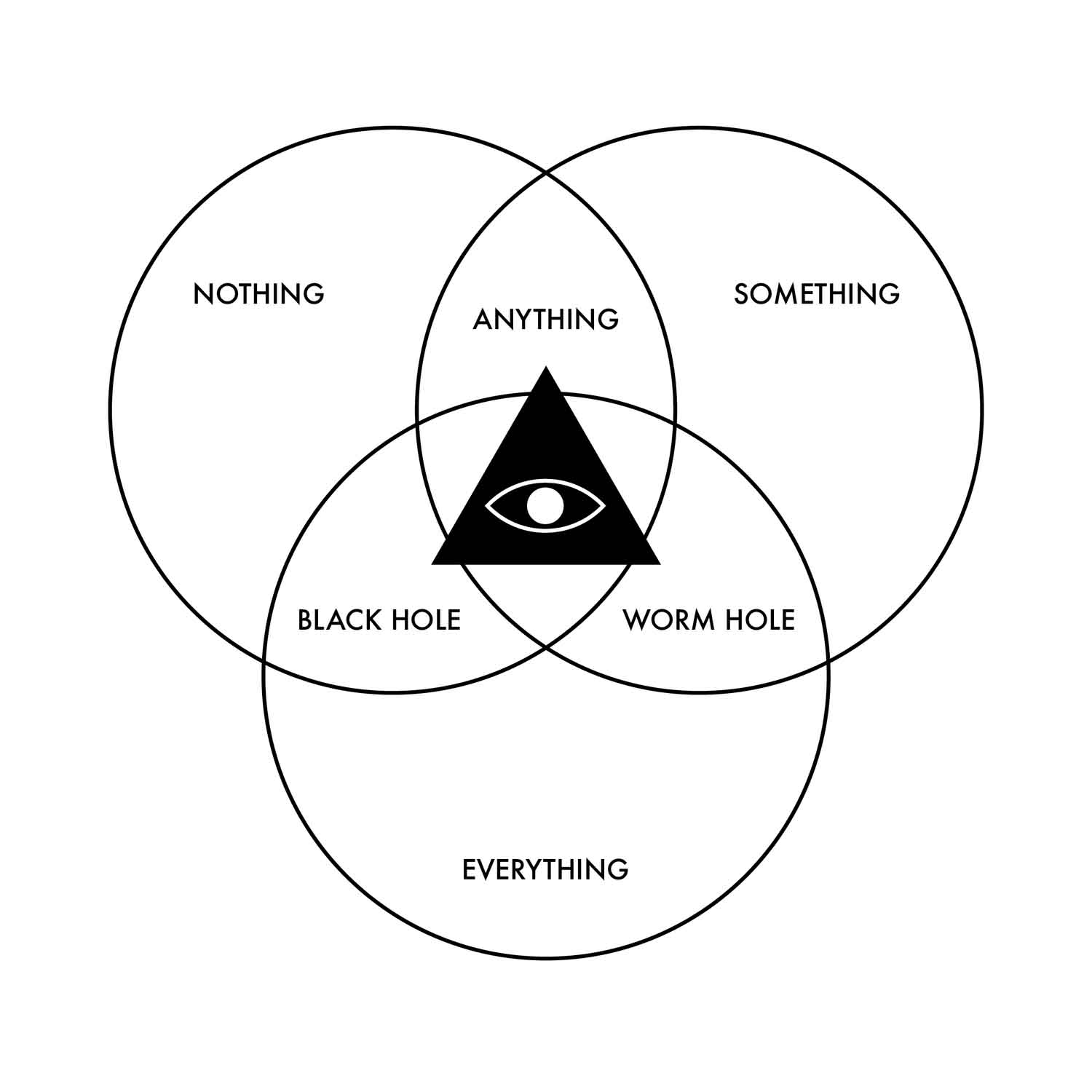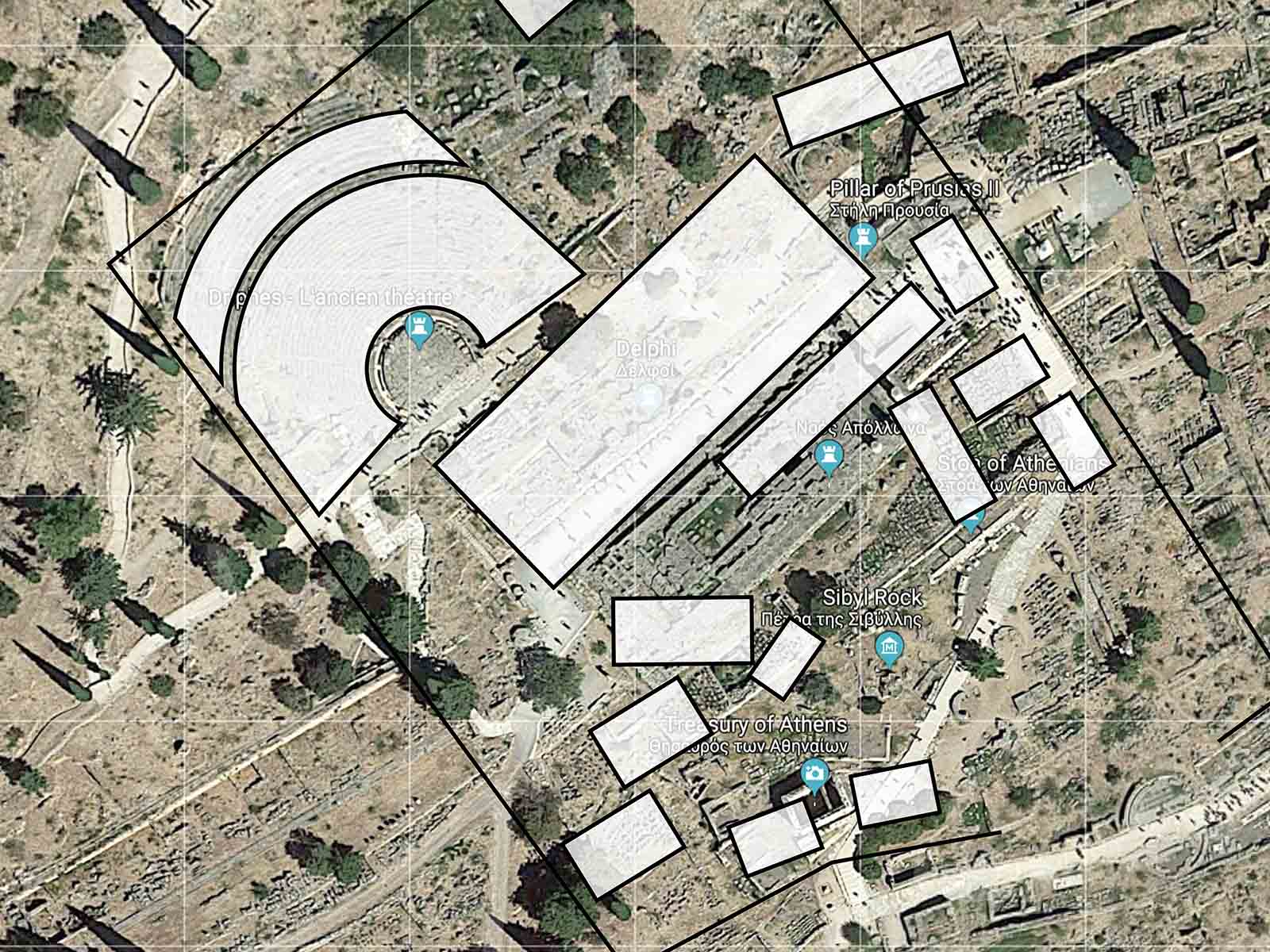Foresight and Future-Tanks
Denis Maksimov | Avenir Institute
Denis Maksimov | Avenir Institute
This episode delves into the history of the future from an anthropological point of view, to scrutinize our contemporary condition. Maksimov refers to it as the everlasting present, which could be described as being trapped in a constant state of stasis. This conditional state obstructs us from dreaming towards a better world and from devis viable plans for this cause.
Starting from the fall of the temple of Apollo, Maksimov travels through time. Searching for critical actors and events that paralyzed our present moment, he crash-lands in the midst of the Cold War and its institutional heritage. On the way, he encounters foreseers of a different nature: fortune tellers, prophets, foreseers, scryers, priests, imams, augurs, politicians, and finally tech companies dealing with big data, to constitute an inconsistent lineage of future producers.
Episode Notes:
1. A think tank or policy institute is a research agency that surveys and advocates for issues such as social policy, political strategy, economy, military, technology, and culture. Think tanks range from those associated with high academic or scholarly activities to those that are overtly ideological and pushing for a particular policy, with widely differing quality of research among them.
https://en.wikipedia.org/wiki/Think_tank
2. The Delphic Oracle known as the Pythia was the high priestess of the temple of Apollo and she was the most authoritative oracle in male-dominated Ancient Greece and the most powerful woman of the classical world. Pythia’s counsel was most in demand to forecast the outcome of projected wars or political actions.
3. Pythia gave extensive prophecies to citizens, foreigners, kings, and philosophers on subjects of different nature. Inquiries were ranging from a variety of topics such as economics, culture, military tactics, war, duty, crime, family, laws even personal matters. Her utterances were not directly recorded by the inquirer; instead, they were interpreted and ambiguously written down by her priests.
https://en.wikipedia.org/wiki/Pythia
4. Dodona was known as the oracle of Zeus. She was the most prestigious oracle after Pythia.
https://en.wikipedia.org/wiki/Dodona
5. The oracle’s powers were highly on-demand and never doubted. Any inconsistencies between prophecies and events were dismissed as failure to correctly interpret the responses, not an error of the oracle. In the oracular culture, prophecies were often worded vaguely to cover all contingencies by the consultants.
https://en.wikipedia.org/wiki/Oracle
https://www.britannica.com/topic/oracle-religion#ref207522
6. Theology is the systematic research of the nature of the divine and, more broadly, of religious belief. It occupies itself with the unique content of analyzing the supernatural but also deals with religious epistemology to answer the question of revelation. Theologians use various forms of analysis and argument like experiential, philosophical, ethnographic, historical, and others to help understand, explain, test, critique, defend, or promote myriad religious topics.
https://en.wikipedia.org/wiki/Theology
7. The origin of the term Magog referred to Lydia, in what is now Turkey. Its use in the Book of Ezekiel, Chapter 38 mentions “Gog of the land of Magog, the chief prince of Meshech and Tubal” has led to it being associated with apocalyptic traditions. This was the second of the seven sons of Japheth mentioned in the Table of Nations in Genesis 10. Various ancient and medieval traditions have built on biblical references and added details to them. The legend of Gog and Magog and the gates were also interpolated into the Alexander romances. In one version, “Goth and Magothy” are kings of the Unclean Nations, driven beyond a mountain pass by Alexander, and blocked from returning by his new wall. Gog and Magog are said to engage in human cannibalism in romances and derived literature. They have also been depicted on Medieval cosmological maps.
https://en.wikipedia.org/wiki/Magog_(Bible)
8. McKinsey & Company is an American global management consulting company, founded in 1926 by University of Chicago professor James O. McKinsey that advises on strategic management to corporations, governments, and other organizations. He conceived the idea after witnessing inefficiencies in military suppliers while working for the U.S. Army Ordnance Department. The company advises using accounting principles as a management tool. https://en.wikipedia.org/wiki/McKinsey_%26_Company
https://www.mckinsey.com/about-us/overview
9. RAND Corporation is an American nonprofit global policy think tank created in 1948 to offer research and analysis to the United States Armed Forces. The establishment is financed by the U.S. government and private endowments, corporations, universities, and private individuals. The company researches and develops solutions for other governments, international organizations, private companies, and foundations with a host of defense and non-defense issues, including healthcare.



